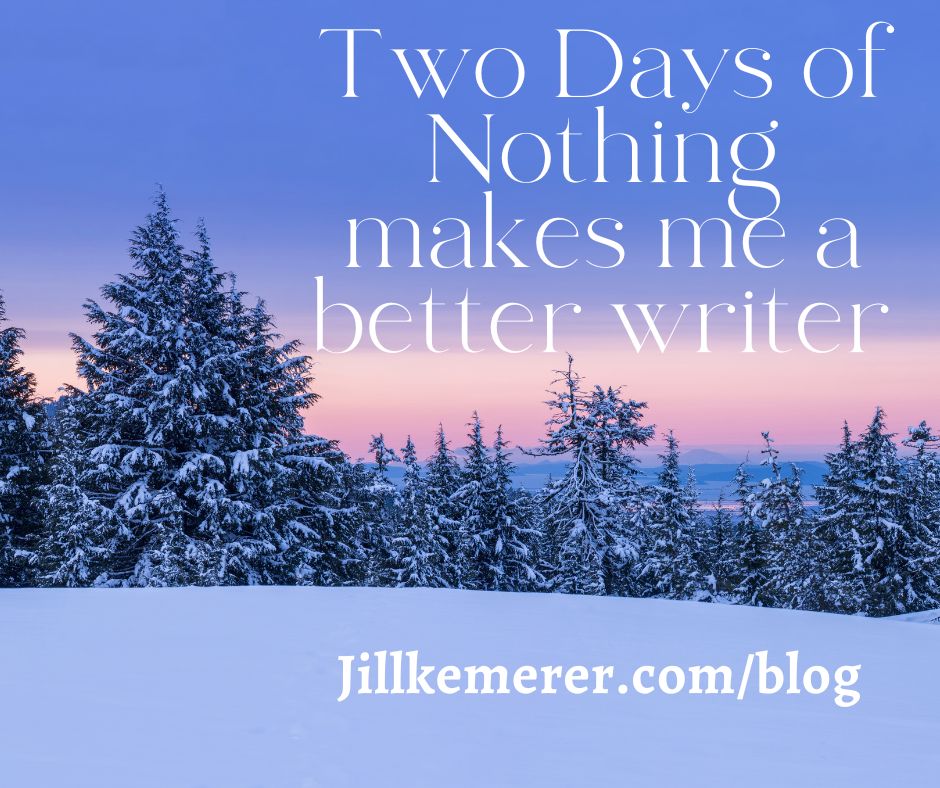Every writer needs a variety of books to improve and enhance their writing. These are…
Ten Truths About Writing Year In and Year Out
Ten Truths About Writing?
I’ve been writing full time for, let’s see, eight years. The first year was FUN! Sure, I was nervous, but I was doing it–writing while my kids were in school the way I’d dreamed when they were toddlers. I couldn’t wait to sit down and type my pages for the day. The books I wrote the first few years weren’t good, but I enjoyed writing them.
Then reality set in. I realized the old adage, practice makes perfect, wasn’t accurate. I wrote every day, but my craft wasn’t improving. Critiques and contest results proved what I suspected–I had a long way to go if I wanted to write quality books. On top of that, I dipped my toes in the social media waters. Getting published? Seemed way more complicated than I imagined.
But I stuck with it, and over the years I learned ten truths about writing long term.
- Writing isn’t always fun.
- You’ll like some books more than others.
- There’s NEVER enough time.
- Promotion is something done on a daily basis.
- When you pay attention to other writers, agents and editors, you become a better writer.
- The longer you write, the more you’ll embrace your process.
- You’ll get a good idea of how long it takes you to write a book. Ditto on revising.
- You never run out of ideas. Your brain is like a sticky magnet for them.
- Writing is still fun.
- You have the best job in the world.
I’m sure I could add ten or twenty more to the list, but that sums up the important ones for me.
Any surprises on the list? What have you learned about your job over the years?
Have a terrific day!




Great list! It really is an interesting journey! 🙂
Thanks, Karen! It’s been interesting, all right! But I’m so glad I stuck with it. Couldn’t imagine doing anything else. 🙂
Jill, thank you so much for this list! I’m saving it for future reference. Numbers six and seven are what I’m learning right now. I just did NaNoWriMo last month and wrote 70k for it. Biggest NaNo ever for me! But it showed me that I can [easily?] get 3k words/day on a fast draft, which means a first draft could be accomplished in two months or less. And my process? Well, I like to do light research, write the first draft, edit and take notes, dive into deeper research, then edit again. Who knows what the next step is, as I’m still on the journey of figuring that out, but I am enjoying the trip.
I would love to be a full-time writer, but I’m not to that point in my life yet. Not sure I ever will be. Right now I have tutoring and copyediting jobs. In the future, being a wife and mother will be my main job (joy). But if I could have a writing career along with any/all of the above… well, that would be a beautiful blessing.
Hugs, my friend.
Andrea
Wow, Andrea–70k!!! You rock!!
Full time writing is a blessing, that’s for sure, but full time income is wonderful, too! I think part time writing/working is a great mix. It’s pretty tough to work full time and write–I certainly admire all my friends who do it!
I agree with you, too, about being able to draft a book in a short amount of time. When I stick with it and write every weekday, my first drafts are done quickly!
Thanks for stopping by!
Jill, thanks so much! I’ve received so much encouragement through NaNo this year, and that really kept me going. That and the love for this story. It’s my favorite one I’ve written so far, and it began as a screenplay several years ago. I always had plans to turn it into a book, and now I’m working at that massive challenge.
Do you tackle editing like you do first drafts? Working every weekday? Sounds like a great schedule that would produce lots of progress.
Ooh, love that it’s your favorite!!
Yes, I revise every weekday. I have a revision process (I go through several rounds), and it works well for me!
Sounds like you’ve figured out a method that works well for you. I’m in the middle of figuring out my writing/editing method right now. I should be taking notes about it, to remind myself when I get overwhelmed that I CAN do this. Maybe I’ll work on that this evening, when I’m on a brief break from copyediting.
Yep! Lots of trial and error, and I still try new things. 🙂
I read through the draft and look for glaring plot issues, weak areas, character probs, that sort of thing. When I fix those, I print it out and red-line it. After typing in the changes, I usually read it with a more critical eye for repetitions and tired action beats. Then it’s off to one of my critique partners. I fix what they point out, and get nitpicky about grammar and my lazy words. One final read-through out loud and it’s done!
I know many writers who don’t have to go through such extensive revisions. As I’ve grown in my writing, each step takes less time. The main thing? Find what works for you!
Jill, thanks for sharing part of your process with me. It’s helpful for me to hear how other writers are doing things, because sometimes I haven’t thought of a step that would really help me. I like how you read your last round out loud. I might have to try that.
And great advice! I will definitely keep trying things until (and even after) I find what works for me.
Great chatting with you!
I love chatting about writing, Andrea! Anytime!!